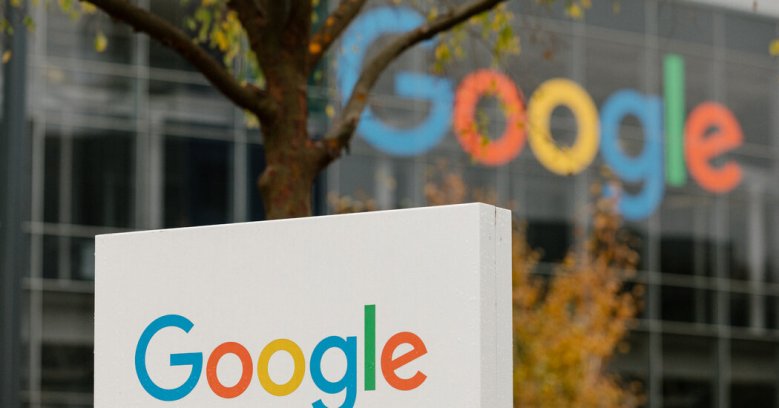Alphabet Shrugs Off Advertising Slump, Driven by Search Engine

Google’s parent company, Alphabet, has regained sales growth despite a slowdown in advertising, and has benefited from the popularity of its search engine after a recession that has weighed on earnings in recent months.
company on tuesday report In the first three months of 2023, revenue was $69.8 billion, up 3% from the same period last year and beating the average analyst estimate of $68.9 billion.
Earnings for the internet giant fell 8% to $15 billion, beating Wall Street’s forecast of $13.9 billion, according to data compiled by FactSet. The company’s quarterly results marked his fifth consecutive decline, but Alphabet said he recorded $2.6 billion in expenses related to recent job cuts and reduced office space.
The result was a reminder of the resilience of Google’s search engine, which is at the heart of the world’s largest digital advertising machine. His revenue from search engines increased nearly 2% in the first quarter to $40.4 billion, beating analyst estimates of his $39.4 billion. The company also promotes on the video platform his YouTube and various sites around the web.
Since last year, rising interest rates and inflation have encouraged advertiser frugality, undermining sales and profits for Google and peers Snap and Meta, which own Facebook and Instagram. Google’s sales declined slightly at the end of last year.
So, after years of gravity-defying leaps, Alphabet is under increasing pressure to reassure investors that it can deliver increased revenue and earnings. Evercore ISI analyst Mark Mahaney summarized Wall Street’s demands in a recent memo, calling for cost cutting, stabilizing Core his business, including YouTube, and accelerating the release of artificial intelligence technology.
The internet giant announced in January that it would cut 12,000 jobs, or 6% of its workforce. As of March 31, Alphabet had 190,711 employees, up from 190,234 at the end of last year. The company’s layoffs did not formally go into effect until the end of March.
Google faces even more serious challenges. For the first time in over 20 years, some tech insiders have seen their search engine, the gateway to the web for billions, threatened by a wave of chatbots that have captured the public imagination. made it In particular, tools from Microsoft and OpenAI, makers of the popular ChatGPT chatbot, are beginning to test Google’s mettle.
In March, Google released a chatbot called Bard to mixed reviews, but the company hasn’t made any money from the tool. The New York Times reported that Google will incorporate conversational AI capabilities into its flagship search engine in May, and has set out to develop a new, more personalized search engine designed to take advantage of advances in AI. .
Last week, Alphabet consolidated its main AI team into one unit. Google DeepMind, to make faster progress in the field. The move brings together London-based AI lab DeepMind with Google Brain, part of the company’s research arm. Demis Hassabis, CEO of DeepMind, took over management of the group. Google’s chief research officer, Jeff Dean, oversaw Google Brain, which he co-founded.
Ad revenue from YouTube, Google’s video platform, fell almost 3% in the first quarter to $6.7 billion, slightly above analyst expectations of $6.6 billion. The sector has recorded declining revenue in recent months amid increasing competition from TikTok. Privacy changes to Apple’s iPhone are curbing the growth of social media platforms by making it more difficult for advertisers to prove to advertisers that their ads are effective.
Google Cloud, a division that provides software and technology services to other companies, saw revenue grow 28% to $7.5 billion. In the first quarter, the division reported a profit of $191 million for the first time.




